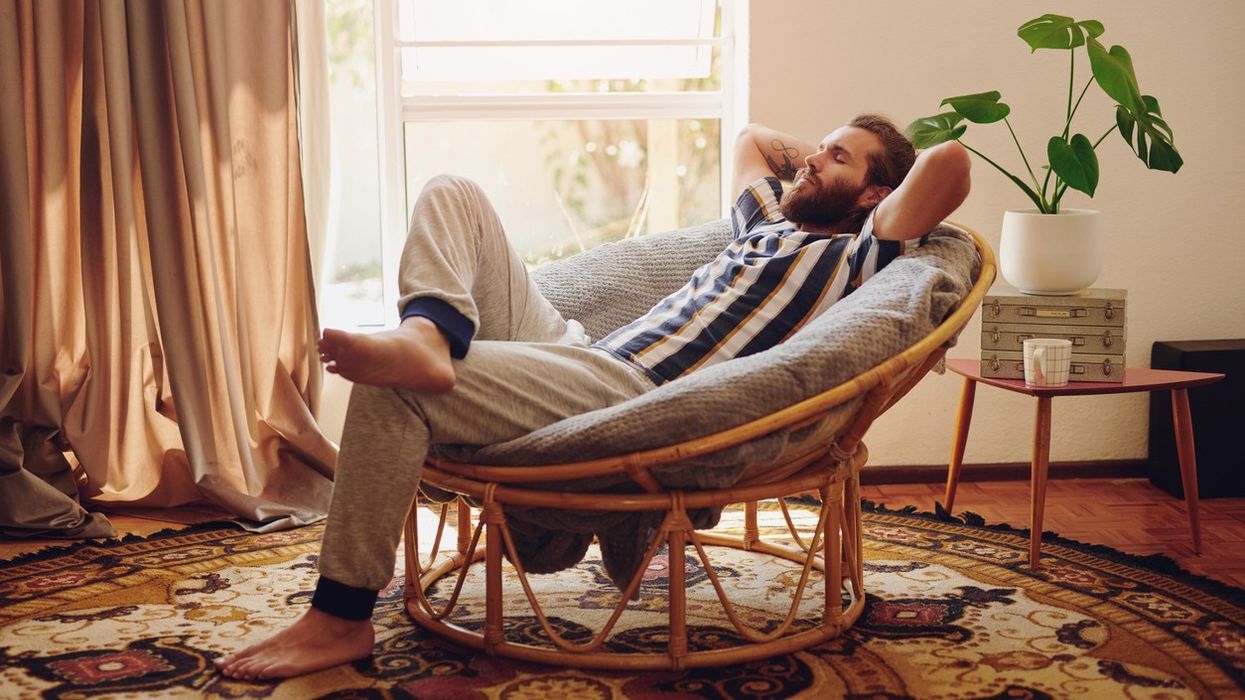While political parties are promising to boost the UK's economic growth, the high level of the economic inactivity rate in the country remains a cause for concern, BBC reports.
The number of people not employed or actively looking for work has remained high in recent years, ever since it first surged during the pandemic.
As per the latest figures released by the Office for National Statistics (ONS), the UK's economic inactivity rate was 21.8 per cent between November and January, marginally higher than a year earlier.
Nearly 9.2 million Britons aged between 16 and 64 are unemployed and are not looking for a job. The total figure is more than 700,000 higher than before the coronavirus pandemic.
This has raised concerns of worker shortages, while the country is battling low economic growth and companies are struggling to find the right talent.
According to the ONS, long-term illness has been cited as the main reason for about a third of the working-age inactive population.
The worrying fact is that there is an increase in people aged 16 to 34 becoming economically inactive.
A recent report by the Resolution Foundation said young people now have the poorest mental health of any age group. Two decades ago they had the lowest incidence of common mental disorders.
Greenarc Ltd chief executive Chris Bingham told BBC that businesses need to think about how to encourage people, especially younger employees, into the workforce. He said there was a 'clear disconnect' between the employer and young employees and wanted the governments to focus on "apprenticeships and workplace engagement as opposed to a blanket university route".
In the recent budget, Chancellor Jeremy Hunt announced some measures to encourage people to find work.
They include reducing the starting rate for National Insurance Contributions to 8 per cent from 10 per cent for 27 million workers from next month, along with an extension of free childcare services for working parents.
But business groups said more needed to be done to get more people into work.
Alexandra Hall-Chen, principal policy adviser for employment at the Institute of Directors, told BBC that governments should address skills shortages and focus on increasing labour force participation.
Many experts pointed out that the long waiting periods at NHS should be brought down drastically to reduce the number of people opting out of work due to health issues.
They also point out that many are out of work because they need to provide care to their ailing family members.




